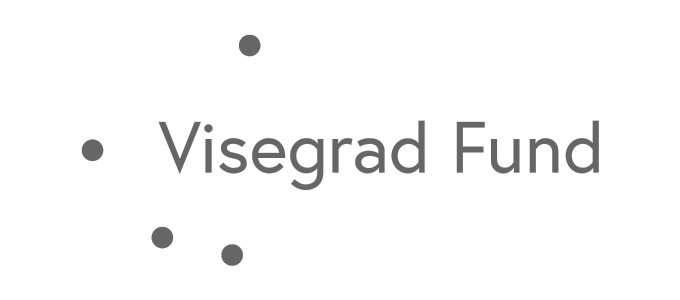
MEET OUR PARTNERS
The V4 countries are societies with one of the highest uncertainty avoidance rates. New, uncertain, and ambiguous situations are not accepted in such societies and are perceived only as threats and dangers.
Kliknij tutaj
ABOUT OUR PROJECT
Lorem ipsum dolor sit amet, consectetur adipiscing elit. Ut elit tellus, luctus nec ullamcorper mattis, pulvinar dapibus leo.
Kliknij tutaj
ABOUT PROJECT
Meet our
Read
OUR PARTNERS
Lorem ipsum dolor sit amet consectetur adipiscing elit dolor
READ MORE
Project-related events
Check what we have done
Project-related events
Check what we have done
OUR PARTNERS






